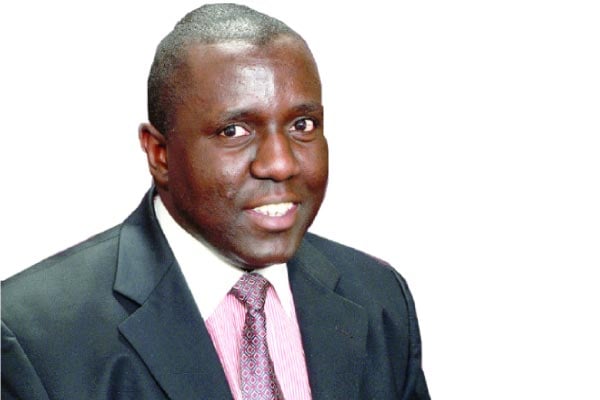
Mr Daniel K. Kalinaki
If Noah, that biblical carpenter and conservationist, stood on top of Mt Rwenzori and summoned those who dwell in this land plus two of every species, many would be saved. This, after all, is a deeply religious society – at least in form, if not in substance – where even smudgy windows can draw crowds of the desperate, superstitious, and of poor eyesight.
If, on the other hand, Noah made the very same declaration while standing at State House Entebbe after a consultative meeting, many Ugandans would drown in the ensuing floods. Part of this deficit of trust comes down to fatigue. After four decades in power even the best public speakers – and Mr Museveni can be charming and convincing at his best – would struggle to be interesting or captivating.
It was, therefore, amusing but not surprising to see how quickly the tone of his recent ‘letters to the Corinthians’ over the rationalisation of Uganda Coffee Development Agency changed. They went from cogent technical arguments about cost-benefit analysis to not-so-thinly-veiled threats to defeat critics of the move and those with alternative views – all in a matter of hours. The fatigue isn’t just with the audience.
Longevity builds experience, competence and capability, especially in systems. But there is a point in time at which the circle closes, forcing problem solvers to start fixing problems arising from their previous solutions. In the last two elections, for instance, the NRM candidate campaigned like an opposition leader, including dragging his officials out onto the stage to explain the failure of government programmes. It is great campaign theatre and political genius, but a movie that many have now watched on repeat.
The latest saga over the rationalisation of government agencies is following the same script but with an important sting in the tail. The President’s frustration drips off the page when he notes that he set up these agencies and should be allowed to scrap them if they have become wasteful and ineffective. This is true but it is also a case of the President marking his own homework.
Ideally, there would be deep analysis and detailed debate within policy- and legislative-making organs to understand whether this was a bad idea that was always going to fail or a good idea that was badly executed. The hollowing out of the historical rump of the government while keeping its superstructure in place means that the debate is narrow and one-sided.
Most of those who participated in the original debates are either gone or, with very few exceptions, unable or unwilling to add their voices to the debate. Thus, even where Mr Museveni is right, he is easily seen as arguing for his political benefit and for that of his cronies.
The thinking around rationalisation – much of it is built on good commonsense – was undertaken by a hand-picked group whose identities, ideas, as well as individual and collective agendas, were never made public. Public policy crafted by shadowy people in dark, smoke-filled rooms is congenitally predisposed to be regarded with suspicion. It is this suspicion that officials in the agencies – which, in some cases, evolved into political gravy trains built to bypass the ticket inspectors in the traditional bureaucratic civil service – had leveraged to delay or disrupt the process.
If fatigue and the lack of transparency have left most people skeptical of the government’s public policy prescriptions, hubris and the lack of accountability have tipped many into cynicism. Here the UCDA story is instructive.
Most people, including coffee farmers, would struggle to name the head of the agency or locate its office on a map. But the same people have heard of plans to create a coffee-buying monopoly under Enrica Pinetti, whose extractions from the Treasury are well known, but whose ‘investments’ are not.
Some of those people have also seen billions of their taxes paid out of the Treasury to shadowy outfits to either teach people how to drink coffee or to set up a coffee machine in a pub in a far-flung city in eastern Europe.
The cynics, reeling from similar carpetbagger schemes involving sugar plants, banana schemes and same such, are wont to dismiss it all out of hand. But even mere sceptics and would-be supporters ask why these outlays do not follow established procedures or go through existing institutions.
If the Uganda Export Promotion Board is not working, reforming it or folding it back into the Trade ministry is an argument many would support. How, then, do we explain rationalising on the one hand, while creating new bodies on the other or handing over public money to private economic adventurers?
This policy incongruence and inconsistency explain why many Ugandans have come to oppose government policy by default. Noah would face the same problem if he turned up every year warning of floods that never came, if he built an ark that did not float, or if he only allowed his friends on.
Mr Kalinaki is a journalist and poor man’s
freedom fighter.
[email protected]; @Kalinaki







